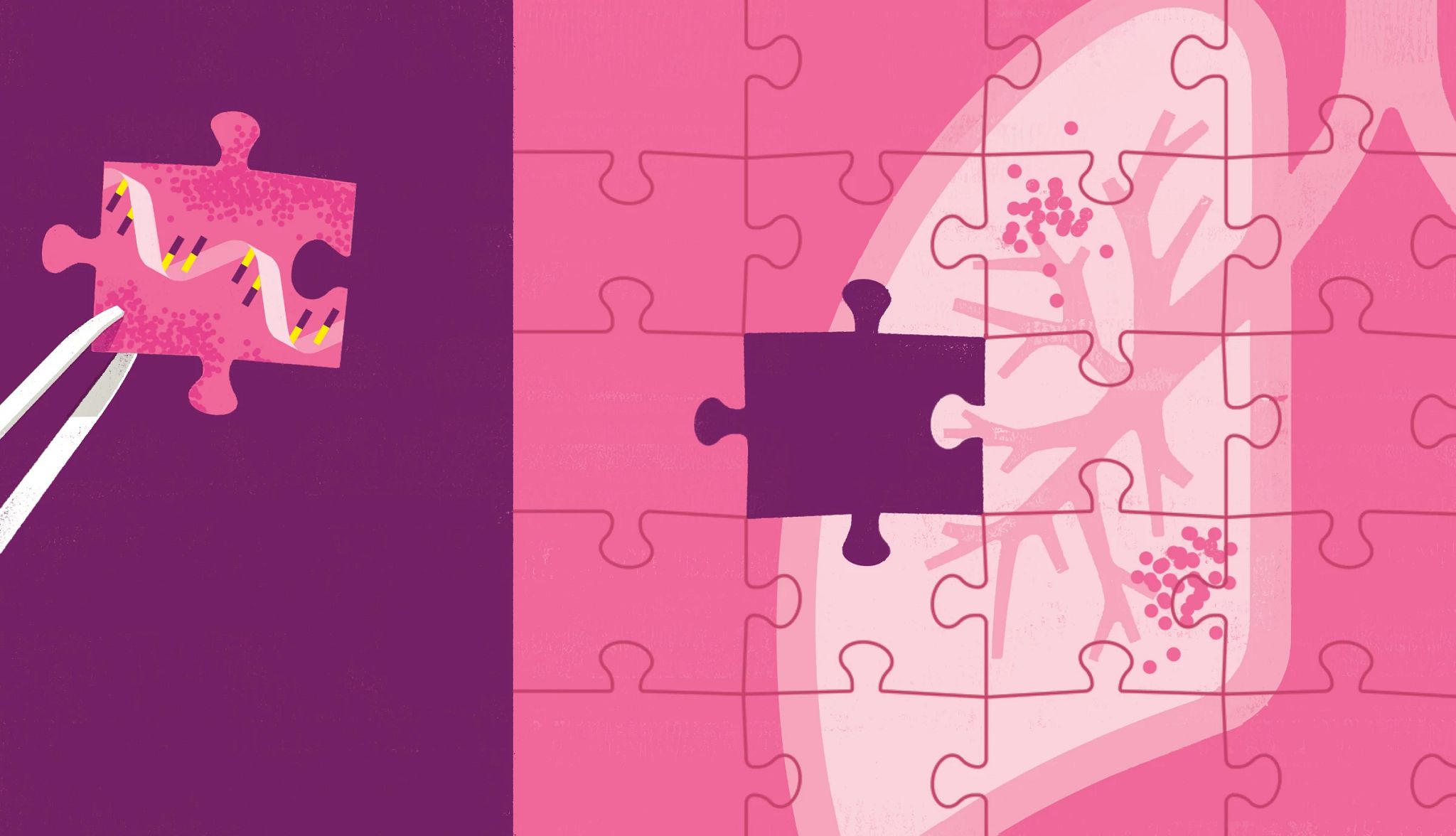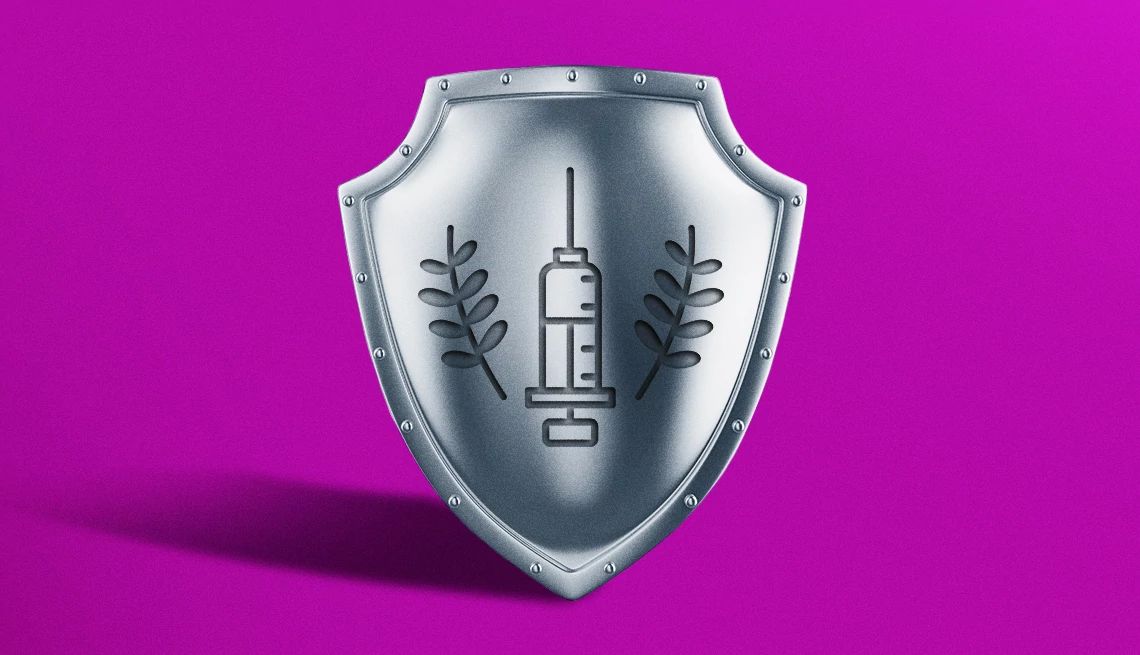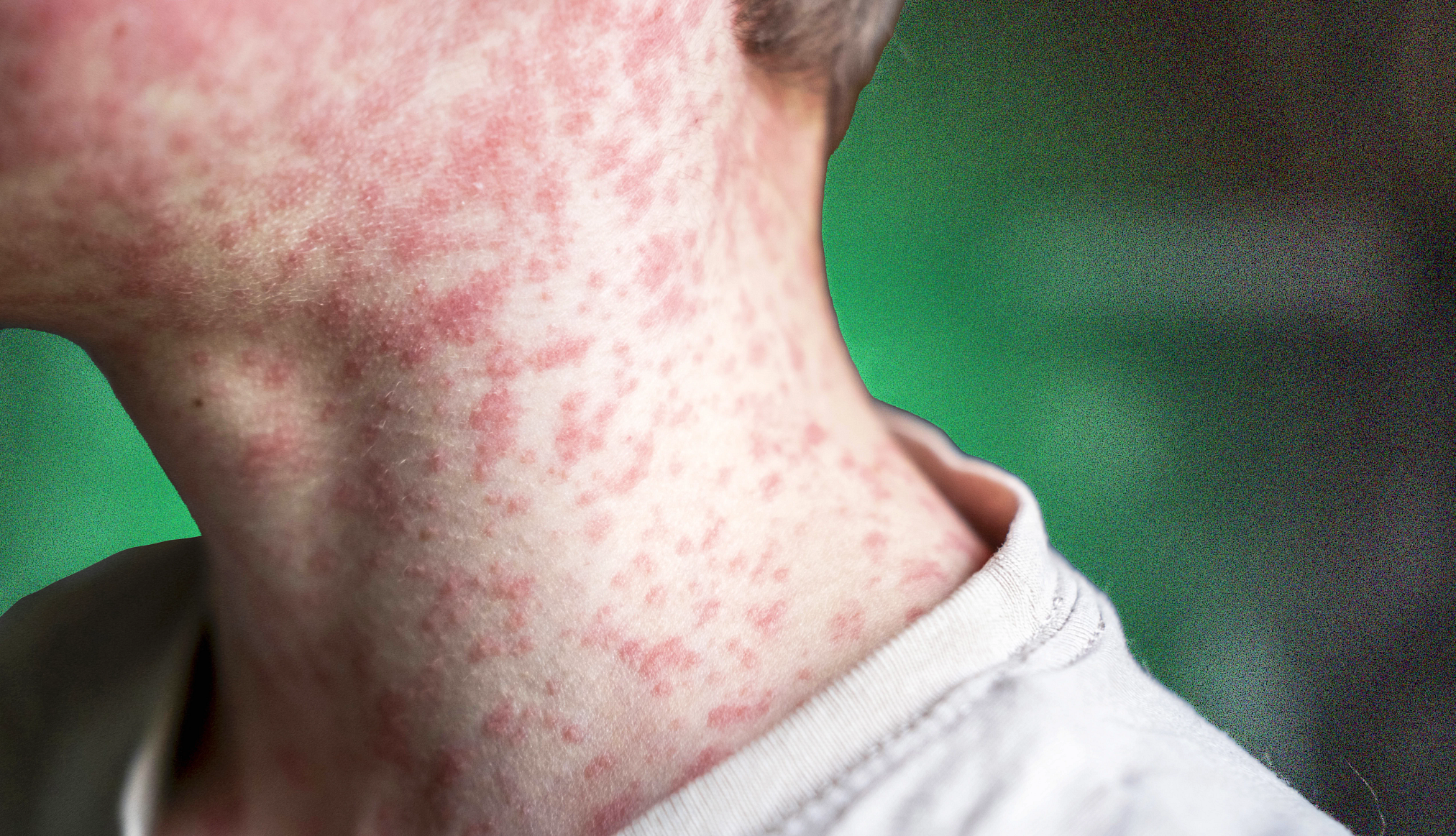AARP Hearing Center


Health officials are now recommending that all adults ages 50 and older get a vaccine to protect against pneumococcal disease, a serious bacterial infection that can cause pneumonia, meningitis and other illnesses. Previously, the recommendation was that adults 65 and older get the shot — most adults just need one dose — as well as individuals 19 to 64 with certain health conditions that make them more susceptible to the disease.
William Schaffner, M.D., professor of preventive medicine and infectious diseases at Vanderbilt University School of Medicine, says the recently updated recommendations make things “much simpler” for patients and providers. Roughly 30 to 50 percent of adults ages 50 to 64 have an underlying condition that puts them at higher risk for pneumococcal disease, data shows. “So we would really like to vaccinate a large portion of that population,” Schaffner says.
Plus, invasive pneumococcal disease, which Schaffner describes as “the most serious kind,” tends to occur at higher rates in Black Americans at younger ages (50 to 64). Lowering the recommended age to 50 “will provide protection for that population at a younger age, when they need it,” he says. “This is a great opportunity to prevent much more illness.”
What is pneumococcal disease?
It’s an umbrella term for any infection caused by the Streptococcus pneumoniae bacteria — pneumonia and meningitis are a few examples. This bacteria spreads when respiratory secretions (think saliva or mucus) are sent through the air by coughing or sneezing and then inhaled.
Streptococcus pneumoniae are particularly lethal for the lungs and can potentially lead to pneumococcal pneumonia, the most common type of bacterial pneumonia the United States. An estimated 150,000 Americans are hospitalized with this illness each year, and it kills about 1 in 20 of those infected.
Even with appropriate antibiotics, pneumococcal pneumonia, “particularly in people 65 and older,” has a high case-fatality rate, notes Gregory Poland, M.D., director of the Mayo Clinic’s Vaccine Research Group. A big reason: As we age, the immune system becomes less able to fight off infections.
But studies show the pneumococcal vaccine can help lower your chances of contracting the disease, or reduce its severity if you do get it, possibly saving you from a stint in the hospital or even death.
That alone is a good reason to get the vaccine once you’re eligible. Here are five others.
1. It’s flu season
Flu season is just around the corner, and that matters because “pneumococcal pneumonia can follow other viral infections, particularly influenza,” Schaffner says.
Here’s how: The flu virus attaches to, and infects, the cells lining the mucous membranes in the back of the throat and nose. Normally, the cells eject infectious agents out of the body via the nose or mouth, or they’re simply swallowed. But when impaired by the flu, the cells lining these membranes allow bacteria to slip down into the bronchial tubes and trigger a secondary infection in the lungs.
The infection inflames the air sacs in the lungs and causes them to fill with pus and fluid, making it harder to breathe and triggering a whole host of other unpleasant symptoms.
The flu shot can reduce your likelihood of experiencing this dangerous dual flu-pneumonia infection. So can the pneumococcal vaccine, which unlike the flu shot, isn’t given on an annual basis. For most, one jab will do it. That said, if you’re going in for your flu shot and are eligible for your pneumococcal vaccine, the Centers for Disease Control and Prevention (CDC) says you can get them at the same time.
You can also get the pneumococcal vaccine on another visit. "It does not have to be seasonal,” Schaffner says.



































































))
))








)
)






More From AARP
What to Know About the Updated COVID Vaccines
New shots have been approved and will be available soonDo You Need the RSV Vaccine This Fall?
The shot could help to keep you out of the hospitalWhat It’s Like to Catch COVID Over and Over
He’s had four bouts so far, and he says it has changed himRecommended for You